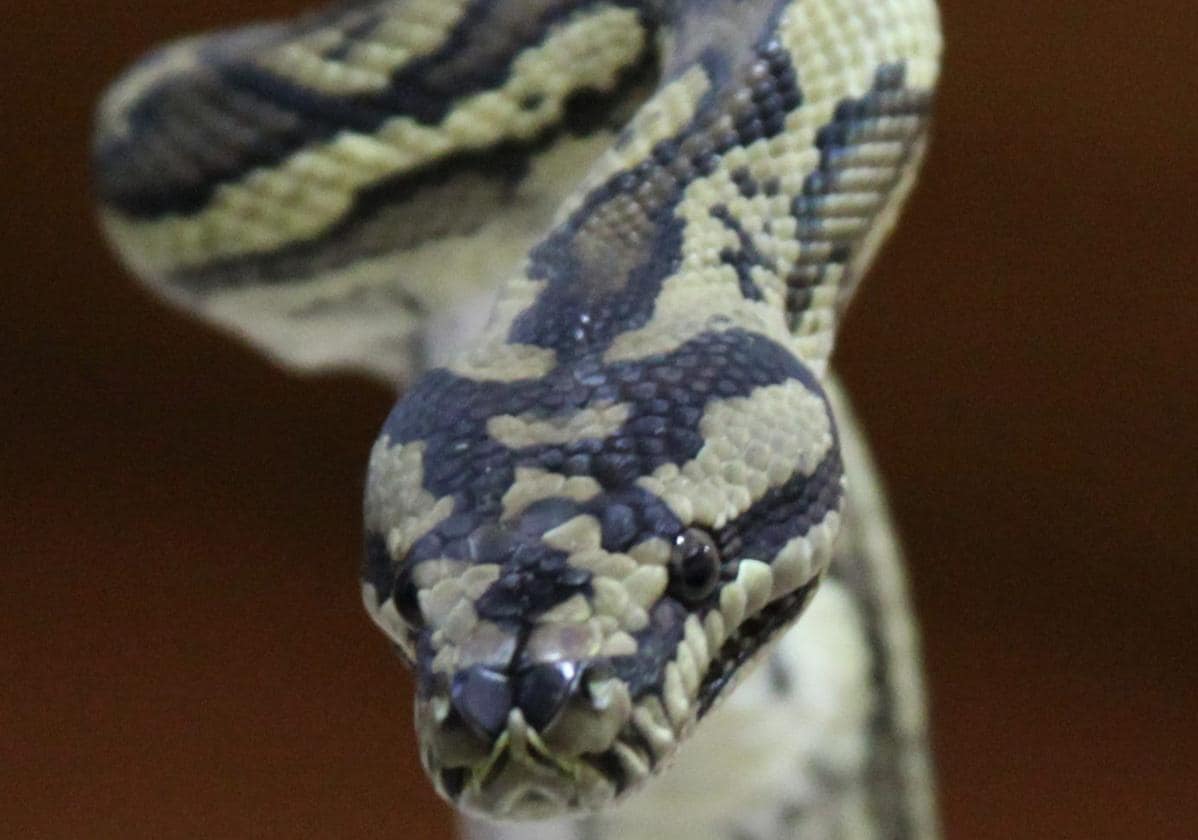They design mosquitoes capable of repelling dengue and other diseases


An international team of scientists led by biologists from the University of California at San Diego has synthetically designed mosquitoes able to stop the transmission of dengue virus, as published in the magazine ‘PLOS Pathogens’.
Laboratory researchers from UC San Diego associate professor Omar Akbari worked with colleagues at the Vanderbilt University Medical Center to identify a broad-spectrum human antibody for dengue suppression. This development marks the first mosquito engineering approach that addresses the four known types of dengue, improving previous designs that addressed individual strains.
Then designed the "load" of antibodies to be expressed synthetically in female mosquitoes ‘Aedes aegypti’, which spread the dengue virus. "Once the female mosquito takes blood, the antibody activates and expresses itself, that is the trigger," explains Akbari of the Division of Biological Sciences and a member of the Tata Institute of Genetics and Society. The antibody can hinder virus replication and prevent its spread throughout the mosquito, which prevents its transmission to humans. It is a powerful approach. ”
Akbari points out that modified mosquitoes could easily be combined with a dissemination system, such as a genetic impulse based on CRISPR / CAS-9 technology, capable of spreading the antibody through populations of mosquitoes transmitting wild diseases.
“It's fascinating that we can now transfer genes from the human immune system to confer immunity to mosquitoes. This work opens a completely new field of biotechnological possibilities to interrupt mosquito-borne diseases of man, ”adds co-author James Crowe, director of the Vanderbilt Vaccine Center at the Vanderbilt University Medical Center.
According to the World Health Organization, Dengue virus threatens millions of people in tropical and subtropical climates. Severe dengue is one of the leading causes of serious illness and death among children in many Asian and Latin American countries. The Pan American Health Organization recently reported the largest number of dengue cases ever recorded in the Americas.
By infecting people with compromised immune systems, dengue sufferers suffer flu-like symptoms, including fevers and severe skin rashes. Serious cases can cause life-threatening hemorrhages. There is currently no specific treatment and, therefore, prevention and control depend on measures that stop the spread of the virus.
"This development means that in the foreseeable future there may be viable genetic approaches to control dengue virus in the field, which could limit human suffering and mortality," Akbari adventure, whose laboratory is now in the early stages of the test methods to simultaneously neutralize mosquitoes against dengue and a set of other viruses like zika, yellow fever and chikungunya.
“Mosquitoes have been given the bad reputation of being the deadliest killers on the planet because they are the messengers that transmit diseases such as malaria, dengue, chikungunya, zika and yellow fever that collectively put at risk 6,500 million people worldwide”, Recalls Suresh Subramani, professor emeritus of molecular biology at the University of California, San Diego and global director of the Tata Institute for Genetics and Society (TIGS).
“Until recently, the world had focused on killing this messenger. The work of the laboratory of Akbari and TIGS aims to disarm the mosquito preventing it from transmitting diseases, without killing the messenger. This document shows that it is possible to immunize mosquitoes and prevent their ability to transmit dengue virus and, potentially, other mosquito-borne pathogens, ”he explains. Ep











